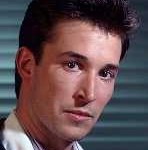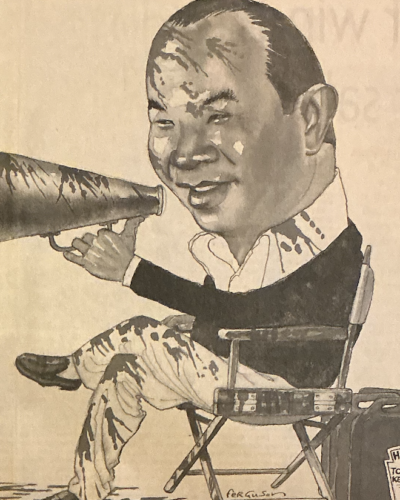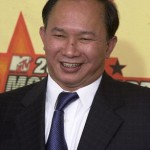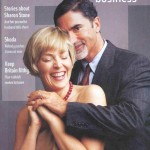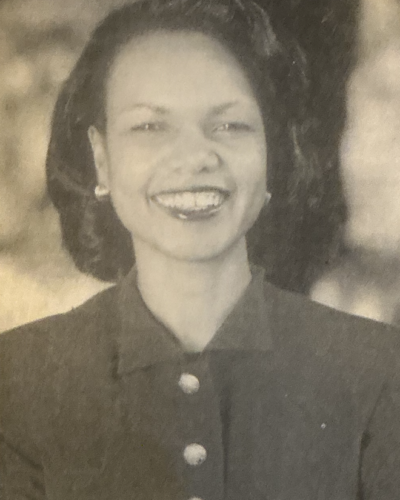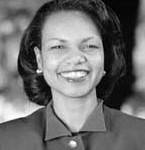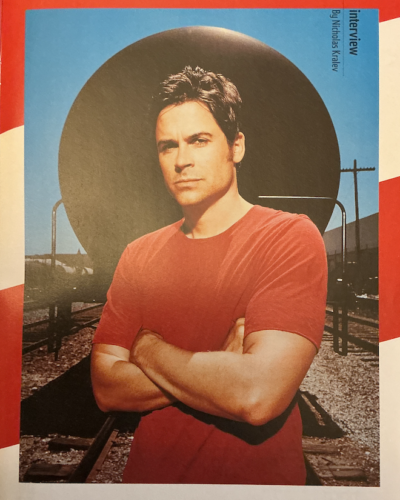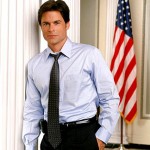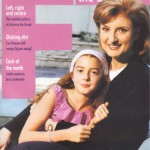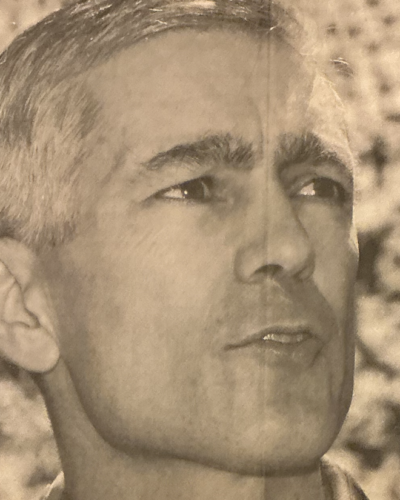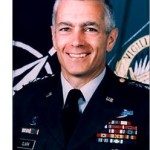Screen, please, doctor
Noah Wyle has never heard of the “Carter scale”, a phrase coined by University of Edinburgh medical students addicted to “ER” — the highly rated US TV drama that has made Wyle a star — as a gauge of male attractiveness. He is certainly aware of the international fame that the role of the sweet and earnest Dr John Carter has brought him, and admits that it has changed his life on every level. But he comes across as the most unlikely Hollywood luminary, still striving to reconcile his shyness and the rewards of celebrity.
We’ve been talking for 15 minutes, Wyle having driven for two hours to Los Angeles from his 45-acre ranch in the Santa Ynez Valley, near Santa Barbara, California, which he bought from actress Bo Derek last year for a reported $2.5m (£1.7m). Simply but elegantly dressed, in a stylish brown jacket and blue jeans, the 6ft 2in Wyle clearly anticipates my comment on his beard, which made a brief but controversial appearance on “ER” a couple of years ago…


